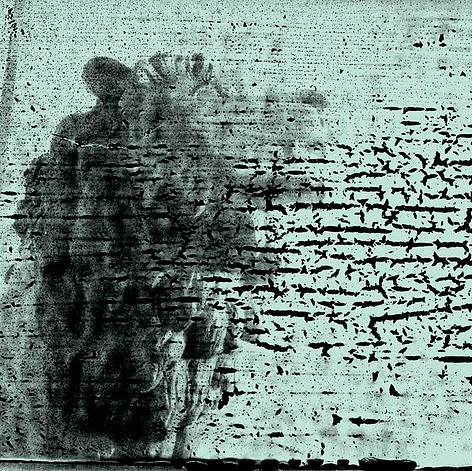There’s a bit in the 1994 movie Trainspotting where Jonny Lee Miller’s character expresses his "unifying theory of life" with specific regard to rock stars: "at some point you get it," he says, "you lose it, and you never get it back". Ewan McGregor pulls out Lou Reed as a counter-argument, because "some of his solo stuff’s not bad." The reply is damning. "No, it’s not bad, but it’s not great either, is it? he says. "And in your heart you kind of know that although it sounds alright, it’s actually just… shite." Ouch. It’s an assumption Smashing Pumpkins’ Billy Corgan has been fighting against for nearly a decade now.
Like Robert Smith before him, Billy Corgan believes in art for art’s sake, in celebrating his work but also in adding to it; that his best work could still be ahead of him despite the arguably era-defining albums he made twenty years ago. Hence we have Monuments To An Elegy, the ninth(ish) Smashing Pumpkins album, technically part of a sprawling multi-record concept called Teargarden By Kaleidyscope, though that idea may or may not have been quietly shelved- Corgan hasn’t mentioned it in a year or so.
Certainly Monuments… doesn’t really sound like a direct sequel to 2012’s Oceania: while that album was a proggy trawl through dreamy grunge rock, this one is about punch, energy and -most surprisingly- brevity. The whole album comes in at 32 minutes, 25 seconds: That’s shorter than some Pumpkins songs, this a band whose song ‘Gossamer’ has known to top three quarters of an hour on some nights. By Smashing Pumpkins standards a 32 minute album seems inconceivable, but short and sharp is the order of the day here. That’s part of the reason Motley Crue’s Tommy Lee has been drafted in on drums-his work is thumping, sharp and competent: he nails it, but he’s also basically invisible, where previous Pumpkins drummers, especially the astounding Jimmy Chamberlin, were front and centre. Lee does exactly the job he needs to. Likewise there’s no showy guitar, Corgan and current Pumpkins guitarist Jeff Schroeder, who also gets a co-producer credit here, are hiding in plain sight. There’s lots of good guitar playing, but no flashy riffs and absolutely nothing you’d call a solo. It gives Monuments… its greatest strength: a self contained identity.
Everything is here to serve the songs, and those songs are not bad at all. ‘Tiberius’ and ‘Being Beige’ are microcosm bookends of the Corgan alt.rock formula. ‘Tiberius’ opens the record by slamming you through a wall of guitars and synth riffs, before plunging you into a fizzy pop chorus and out into a rock-out mid section, while ‘Being Beige’ shares DNA with minor-key Pumpkins singles ‘That’s The Way My Love Is’, ‘Try Try Try’ and ‘1979’. Again Corgan paints the chorus large, and it really is a doozy. The hooks come thick and fast throughout the album, partly you suspect because its author wants to remind us he’s been capable of them all along- that his various sonic misadventures in discord and lengthy prog have been creative choices.
Elsewhere Corgan’s interest in vintage synth sounds, one of the clearer tropes of the Teargarden material, is very much in evidence. Most tracks have the light and shade of electronics colouring them somewhere, often working as hard as the guitar. ‘Anaise’ is drenched in sci-fi phasing and little stingy hooks, while ‘Dorian’ skips along a backdrop of drones and buzzes, propelled by a clockwork drum machine bringing to mind Corgan’s oft-overlooked 2005 solo album TheFutureEmbrace. Most obvious of all is ‘Run2Me’, a burbling synthpop tune pulling from late-80s Depeche Mode and New Order, and a spiritual successor to Oceania’s ‘One Diamond, One Heart or, if you want to back as far as 1998, Adore‘s ‘Perfect’.
Best of all is ‘Drum + Fife’, the darkest and most atmospheric point of the record, though it still lives within the same pop framework that marks Monuments all the way through. Here Corgan sings of the futile call to battle amid a rat-a-tat drum tattoo and a nagging little synth riff presumably representing the pipes of long-dead soldiers. When Corgan declares "I will bang this drum til my dying day" it doesn’t take a huge metaphorical leap to see what he’s getting at: they may have won battles, rotated the troops and been shot down again continually, but there’s still a fight to be had, and for Smashing Pumpkins the war has never ended.
<div class="fb-comments" data-href="http://thequietus.com/articles/16913-the-smashing-pumpkins-monuments-to-an-elegy-review” data-width="550">


